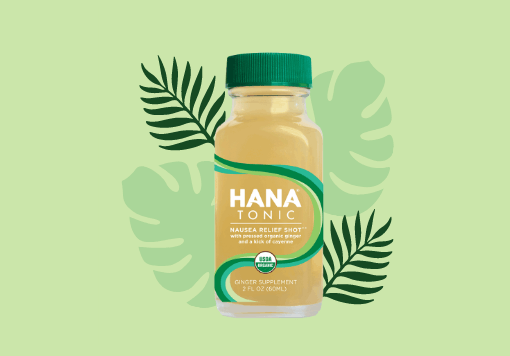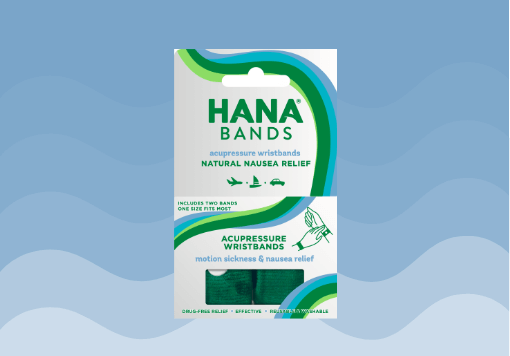When you walk into the grocery store produce section, are you confused about the difference in prices between conventional and organic products? Two cucumbers side-by-side might look identical, but there are drastic differences in the farming practices that were used to produce the vegetable.

It’s common for organic prices to be higher than conventional food, making some shoppers wonder if the extra cost is worth the premium. If you are trying to stick to a grocery budget, does it make sense to pay extra for organic products? Learn more about the health consequences of eating food sprayed with pesticides, and you’ll see why many people pay extra to buy organic food.
Differences Between Organic and Conventional
Conventional food makes up a large portion of the items in a standard grocery store. These foods are produced without restrictions on the use of chemical and synthetic ingredients. So, many of these foods contain trace amounts of pesticides, even after the food is washed. Additionally, more and more conventional foods are being created using genetically modified organisms (GMOs).
When a food is labeled “organic,” it means that it was produced without chemical or synthetic pesticides and fertilizers. Modern farming relies on these chemicals, which means that it is unique for a farmer to use organic methods. This organic label can be found on everything from fruits and vegetables to beans, grains, and animal products.

Organic farming fields aren’t treated with dangerous pesticides and chemicals. Animals raised organically means that they ate organic food, lived on organic land, and weren’t given growth hormones or antibiotics. In the United States, the organic label also means that the food was produced without the use of GMOs.
Why Organic Food is More Expensive
Why does organic food cost more? Here are a few of the most common factors that drive up the prices of organic food:
- Supply and Demand: Most of the population buys conventional vegetables, fruits, meat, and other food products. Since there is a smaller demand for organic ingredients, farmers can’t make their profits in volume.
- Production Costs: Cutting out the conveniences of conventional farming results in higher labor costs. These expenses are factored into the price of the products. Farmers don’t produce as much of a single product, requiring more labor for less yield.
- Transportation: The handling of organic foods post-harvest must keep organic items from mixing in with conventional counterparts. So, the cost of transportation can be higher.
Invest in Organic to Support Your Health
While organic might cost a little more, it’s worth the expense to avoid the health problems that can come from the use of conventional ingredients. When you are shopping for food, look for opportunities to choose organic products that fit in your grocery budget.
Hana Tonic shots are made with high-quality ingredients, so you don’t have to worry about pesticides or other issues that could damage your health. We are proud to be USDA Certified Organic, giving you the peace of mind to know that each bottle is free of pesticides and farming chemicals.



